Giro d'Italia: The Merckx years
A photo gallery of the Giro in the early seventies
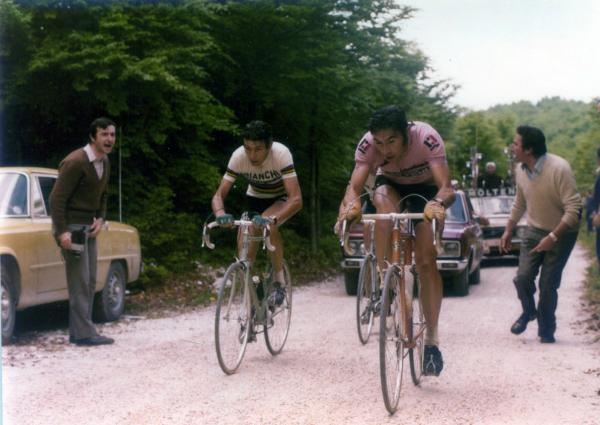
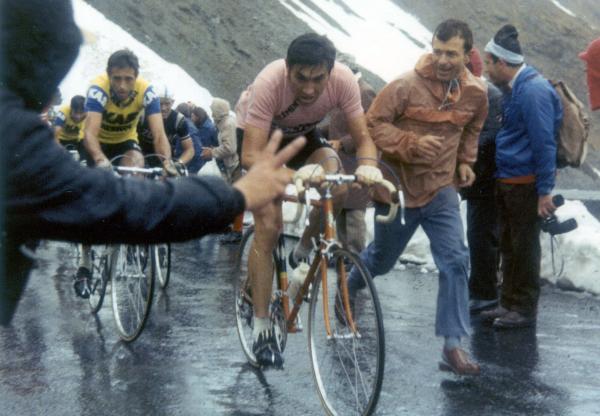
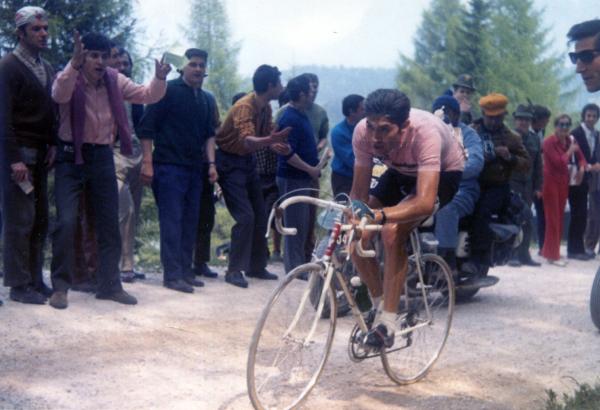
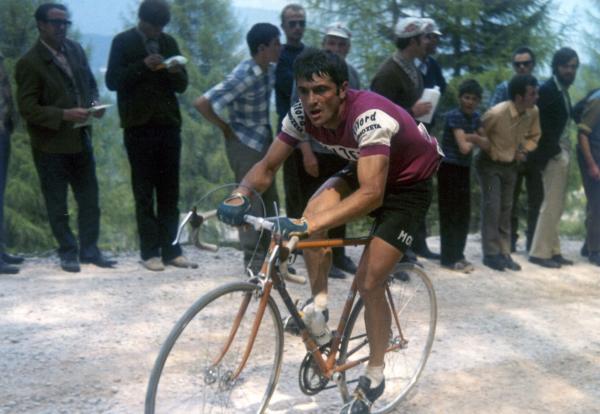
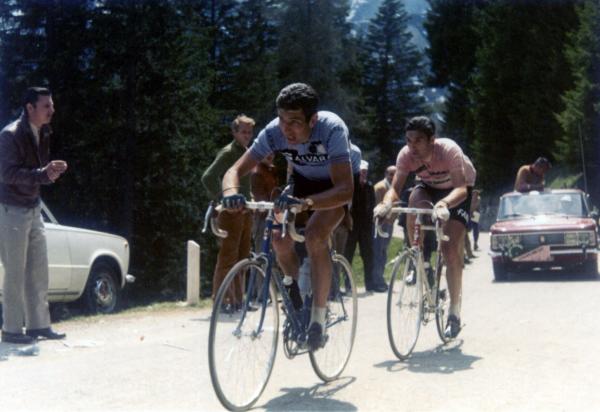
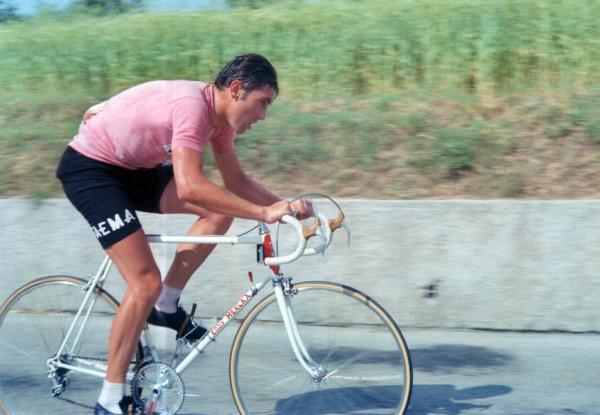
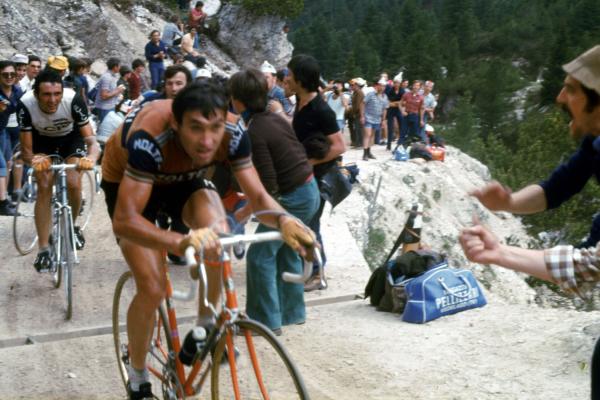
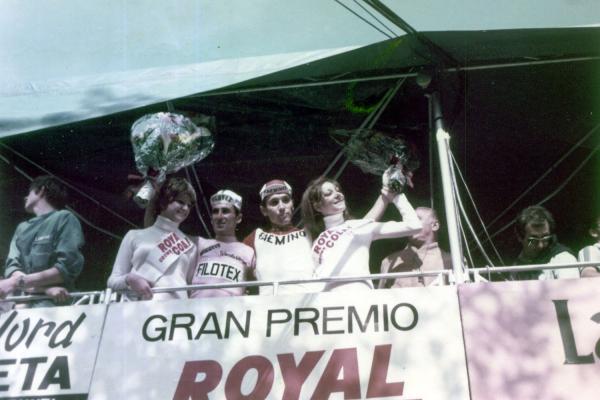
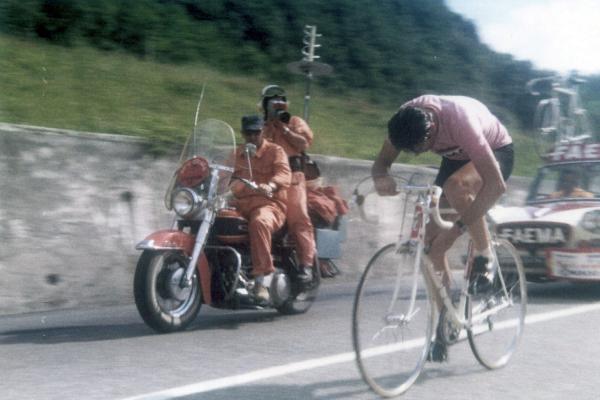
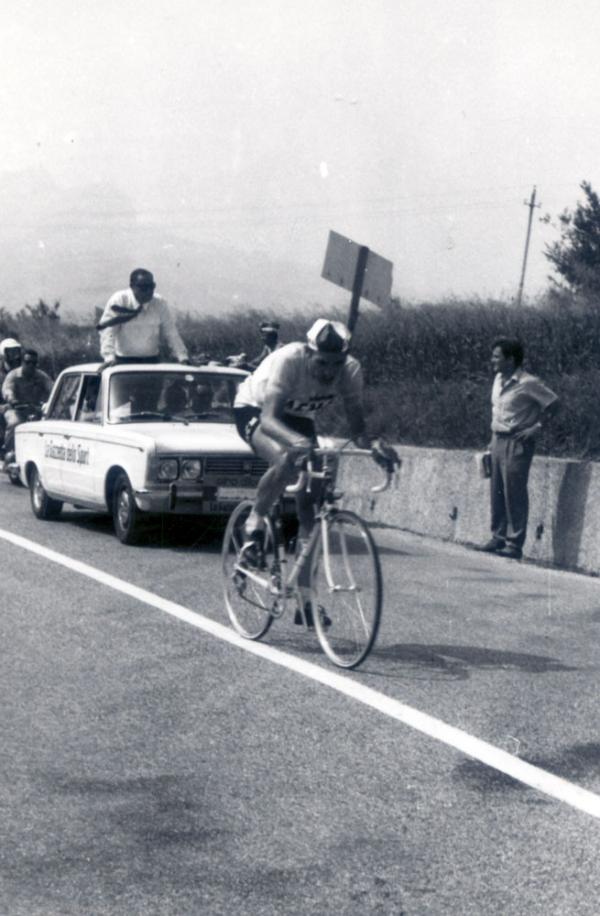
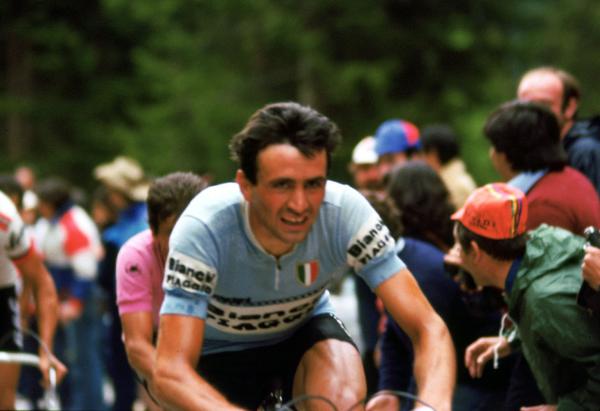
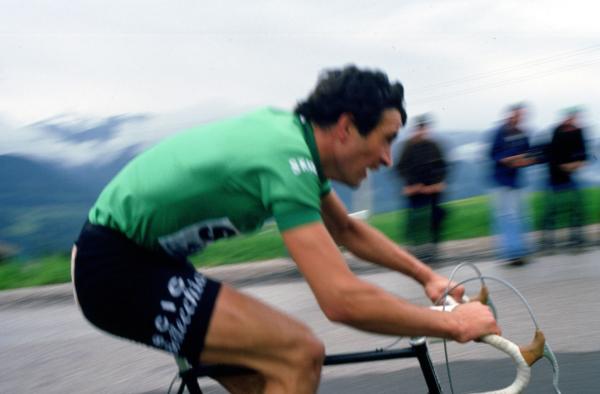
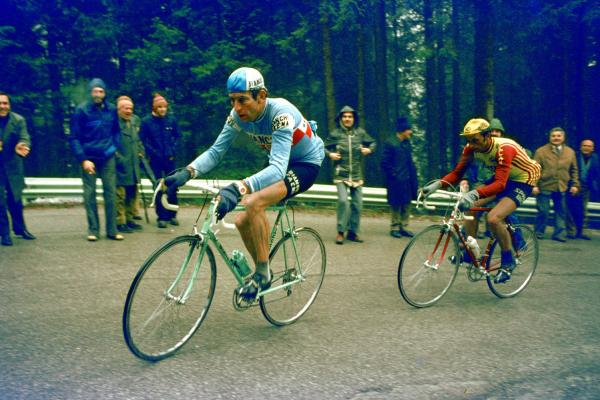
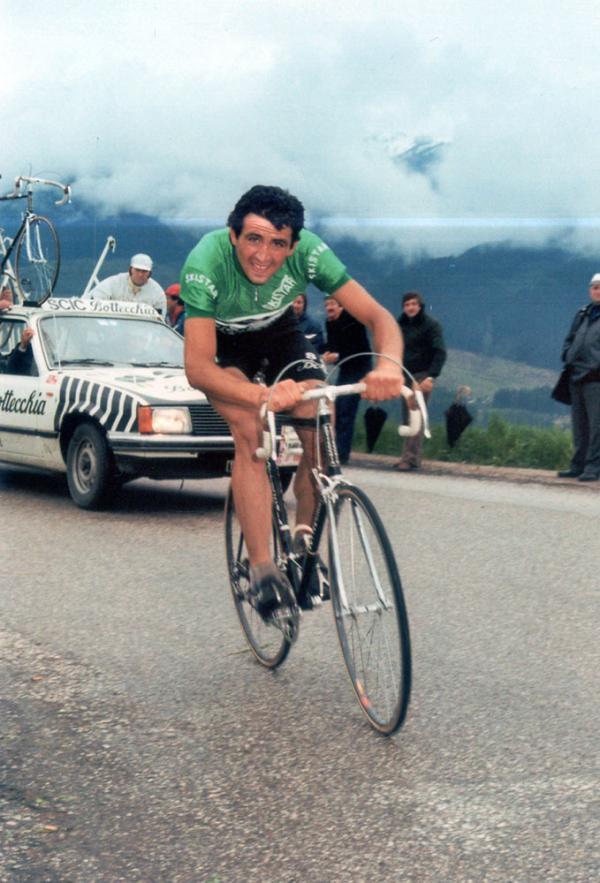
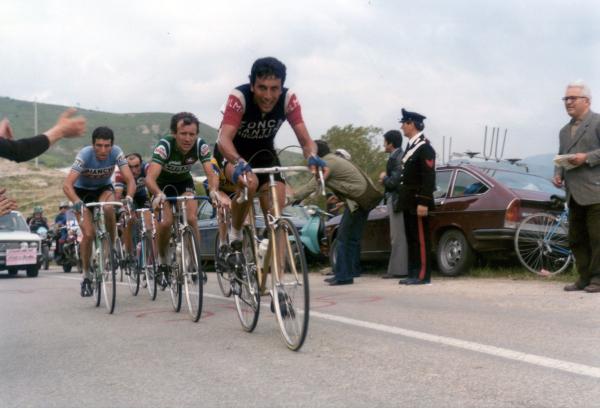
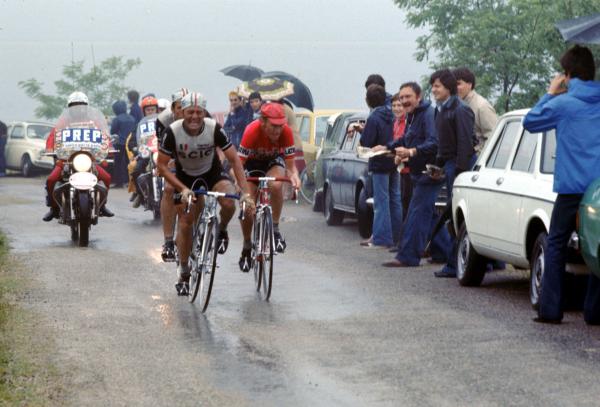
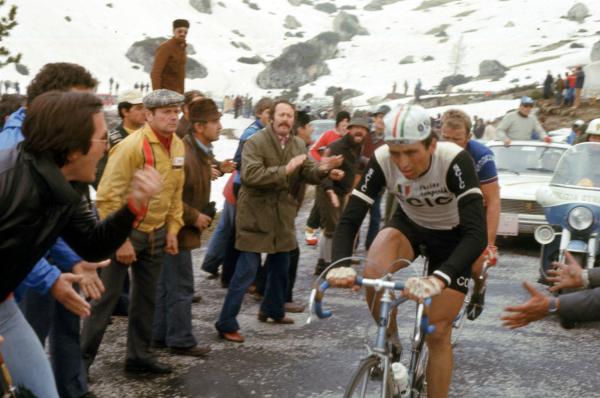
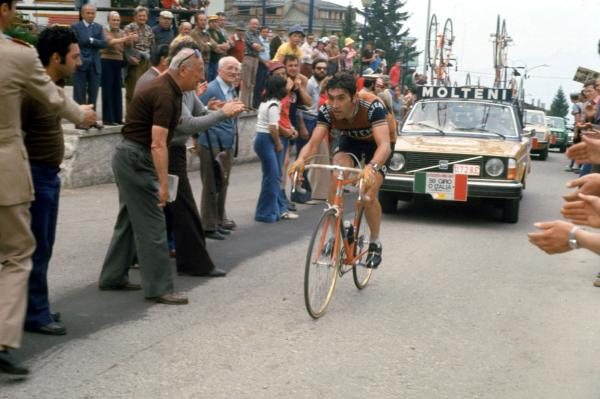
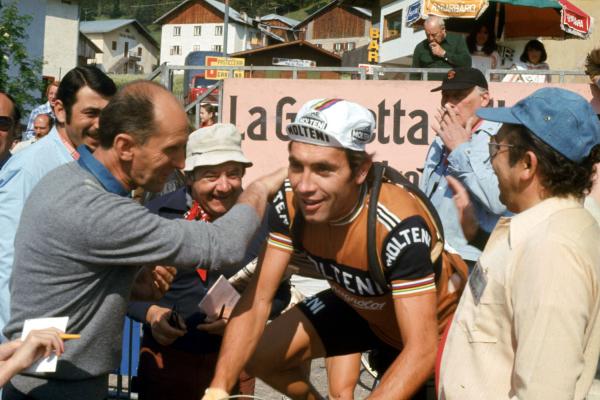
As the 2011 Giro d'Italia draws near, Cyclingnews breaks into the archives with a look back at the last four decades of racing – the dominant performers, personalities, controversies and memorable moments. We kick off with the 1970's and the career of Eddy Merckx.
Eddy Merckx was the first Belgian to win the Giro d’Italia in 1968 and went on to win the Corsa Rosa five times. Only Italian cycling legends Alfredo Binda and Fausto Coppi have also won the Giro five times but neither also won the Tour de France five times like Merckx did.
Merckx won his five Giri d’Italia in 1968, 1970, 1972, 1973 and 1974. He also won the points jersey in 1968 and 1973, the climber’s jersey in 1968 and 24 stages during his career.
He often battled with Italian rival Felice Gimondi for the maglia rosa. His defeat of then rising Italian star Gianbattista Baronchelli in 1974 is remembered as one of the great fights in the history of the Giro.
Merckx was always proudly Belgian but considered Italy his cycling home. He raced for the Molteni team and still speaks the language fluently. He moved from Peugeot to Faema in 1968 and riding for the Italian coffee machine maker meant the Giro d’Italia was initially a bigger goal than the Tour de France. He had made his Giro debut in 1967, winning two stages and finishing ninth overall behind Gimondi.
The year after Merckx beat Vittorio Adorni and Gimondi with a dominant ride. He pulled on the maglia rosa for two stages early in the race and then won on Tre Cime di Lavaredo to take back the race lead from Michele Dancelli. He kept it for 11 days and rode triumphantly into Naples.
Savona doping scandal
Get The Leadout Newsletter
The latest race content, interviews, features, reviews and expert buying guides, direct to your inbox!
Merckx won his first Tour de France in 1969 but two months before he had left the Giro d’Italia in disgrace after testing positive for the stimulant Reactivan in Savona. An interview with a tearful Merckx lying on his hotel bed dressed in his cycling clothing was shown on Italian television and Merckx has always protested his innocence, claiming his urine samples and the tests were not handled correctly.
Merckx was eventually cleared of any wrong doing after by the UCI but it left a stain on his Giro d’Italia record, even if he returned to win the Giro in 1970, beating Gimondi yet again. He beat José Manuel Fuente to win the 1972 Giro and then dominated the 1973 edition of the race that began in Verviers, near Liege in Belgium. Merckx won the opening two-up time trial with Roger Swerts and kept the pink jersey all the way to the finish in Trieste, beating Gimondi by 7:42. Belgian riders won 13 stages that year, with Merckx taking six of them. By then he had joined the Molteni team sponsored by the Lombardy-based food company.
Merckx beat Baronchelli to win the 1974 Giro by just 12 seconds –the second smallest winning margin in the history of the race, and the tifosi remember the battle of nerve and climbing ability between the Cannibal and ‘Gibi’, who had won the amateur Giro d’Italia and the Tour de l’Avenir in 1973 and was a 21 year-old neo-pro.
Merckx took the pink jersey after the Forte dei Marmi time trial and looked to dominate in the mountains. However Baronchelli went after Fuentes on the slopes of the Tre Cime di Lavaredo and Merckx was unable stay with him. Italy went wild cheering him on, thinking Merckx had been defeated. But he dug deep to find something to be able to limit his losses and hang on to the pink jersey. Three days later he was crowned winner the winner of his fifth and final Giro d’Italia, while Baronchelli would never recover and show his true potential. However Merckx’s reign was also ending. He won the 1974 Tour de France but failed to win a sixth Tour de France. He rode the 1976 Giro d'Italia with Molteni but was only eighth, more than seven minutes brehind long-time rival Gimondi, who won his third Giro.

Stephen is one of the most experienced member of the Cyclingnews team, having reported on professional cycling since 1994. He has been Head of News at Cyclingnews since 2022, before which he held the position of European editor since 2012 and previously worked for Reuters, Shift Active Media, and CyclingWeekly, among other publications.